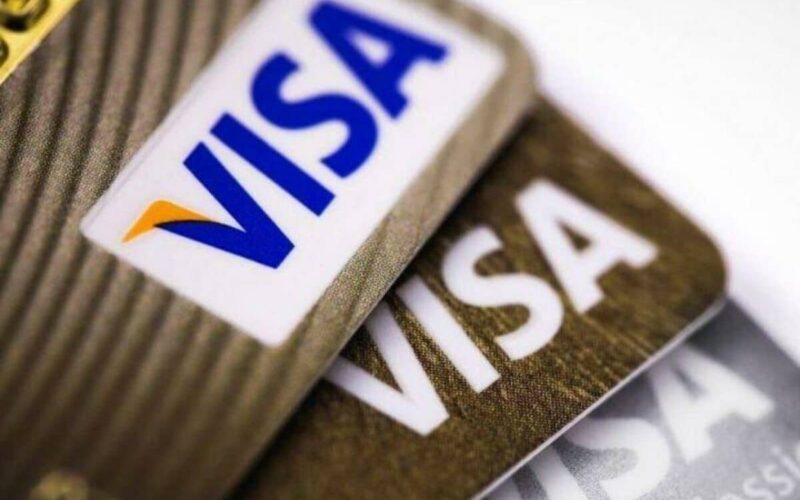Visa, a global leader in payments technology, has recently announced the successful completion of a pilot test of tokenized deposits using central bank digital currencies (CBDCs). This pilot program was conducted in partnership with leading financial institutions, HSBC and Hang Seng Bank, as part of the Hong Kong Monetary Authority’s (HKMA) “Digital Hong Kong Dollar” initiative.
The Pilot Program
The pilot program, which was part of the “Digital Hong Kong Dollar” initiative, focused on the use of tokenized deposits for interbank business-to-business (B2B) self-transactions and cross-chain transactions. It aimed to explore the potential benefits of B2B payment tokenization, including increased payment speed, improved settlement risk management and control, enhanced payment network resilience, and greater transaction transparency.
During the pilot, Visa’s platform operated 24/7, surpassing the limitations of traditional payment systems that have restricted operating hours. The tokenized deposits were conducted using encryption to ensure privacy and security. While the transactions could be viewed on blockchain explorers, the identity of participants, balances, and transaction amounts remained undisclosed to non-bank users.
Visa expressed its commitment to further exploring the use of tokenized deposits in various areas, such as tokenized asset markets and programmable finance. For instance, in the use case of “Property Payments,” tokenized deposits could automate payments to property developers upon reaching the completion date of a contract, thereby reducing delays in the closing process.
Phase 2 and Beyond
As a result of the successful pilot program, the e-HKD initiative will now move into Phase 2. The Hong Kong Monetary Authority (HKMA) selected Visa as one of 16 firms to participate in the first round of e-HKD pilots for 2023. The HKMA’s “Fintech 2025” strategy led to the initiation of the e-HKD pilot program in November 2022 to assess the commercial viability of an in-house central bank digital currency (CBDC).
The first phase of the program explored various areas, including full-fledged payments, programmable payments, offline payments, tokenized deposits, and the settlement of Web3 transactions and tokenized assets. The findings highlighted the potential benefits of programmability, tokenization, and atomic settlement for Hong Kong’s CBDC, providing advantages for both consumers and businesses.
The e-HKD project follows a three-rail approach, with Rail 1 establishing the technological and legal foundations for the e-HKD, Rail 2 conducting pilots and exploring use cases, and Rail 3 focusing on the launch of the e-HKD based on the results of the previous phases.
In addition to the e-HKD project, the HKMA has been working with central and commercial banks through Project mBridge to develop solutions for faster, more cost-effective, and transparent cross-border payments. The expansion and commercialization of mBridge have recently been announced, as new banking members from China, Hong Kong, Thailand, and the United Arab Emirates join the initiative.
“The successful completion of the pilot program demonstrates the potential of tokenized deposits and CBDCs in revolutionizing payment processes. Visa remains committed to exploring further opportunities in tokenized deposits and advancing the field of programmable finance,” said a spokesperson from Visa.
The collaboration between Visa, HSBC, Hang Seng Bank, and the HKMA in this pilot program marks a significant step forward in harnessing the power of CBDCs and tokenization for the benefit of the financial industry and its stakeholders.
















